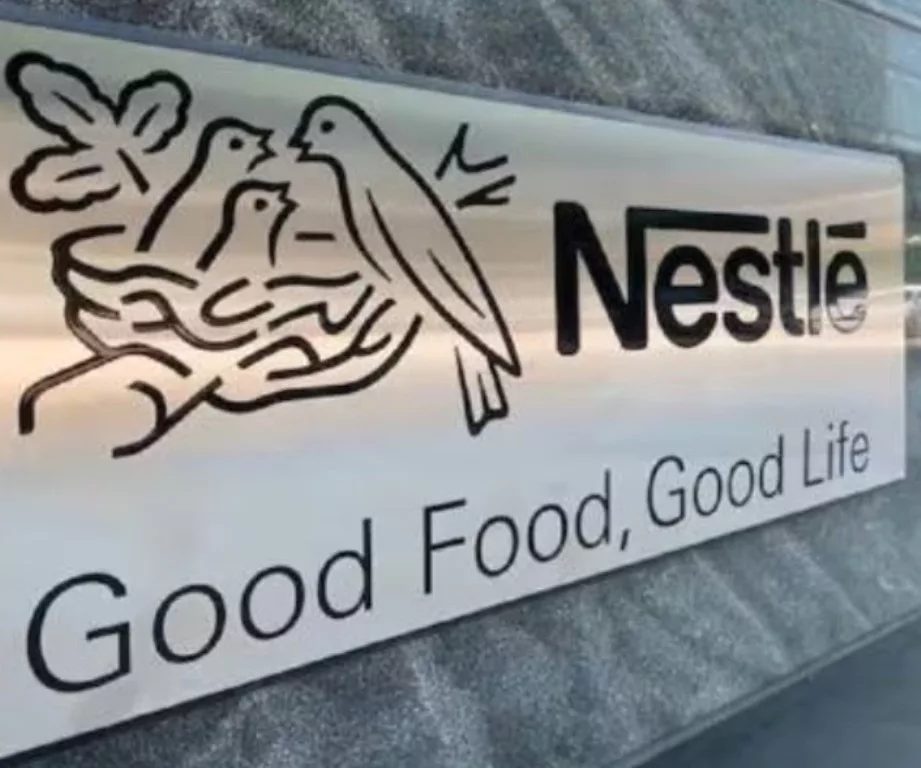The Food Safety and Standards Authority of India (FSSAI), which regulates the manufacture, storage, distribution, sale, and import of food articles in India, have stated that it is looking into the alleged double standard by Nestle.

The Swiss multinational food and drink processing conglomerate is facing accusation of selling baby food with added sugar in India, Africa and Latin America, while the same product in Europe differs.
As per a joint report by Swiss NGO Public Eye and International Baby Food Action Network (IBFAN), around 150 baby products by Nestle were tested in a Belgian laboratory. It showed that all 15 Cerelac products for six-month-old babies, contained 2.7 grams of added sugar per serving in India. The same quantity contained six grams of sugar in Ethiopia and Thailand, while no sugar content was found in products retailed in Germany and the United Kingdom.
Even though the World Health Organization recommends no inclusion of added sugar in baby food, regulators in India allow a limited amount of fructose and sucrose in products retailed in the country. The quantity, however, has to be less than 20 percent of the carbohydrates in the food product.
Nestle reacts
A spokesperson from Nestle India was quoted by The Hindu as saying that the company has been working on reducing the quantity of added sugars by up to 30 percent in the last five years.
“We never compromise and will never compromise on the nutritional quality of our products. We constantly leverage our extensive Global Research and Development network to enhance the nutritional profile of our products. Compliance is an essential characteristic of Nestlé India and we will never compromise on that. We also ensure that our products manufactured in India are in full and strict compliance with CODEX standards (a commission established by WHO and the Food and Agriculture Organization) and local specifications (as required) pertaining to the requirements of all nutrients including added sugars,’’ Nestle India said.
“We regularly review our portfolio and continue to innovate and reformulate our products to further reduce the level of added sugars, without compromising on nutrition, quality, safety, and taste,” it added. Nestle retailed over INR 20,000 crore (USD 2.3 billion) worth of Cerelac products in India in 2022.
Added sugar could lead to obesity, expose kids to diseases
Reacting to the IBFAN report, Arun Gupta from the Breastfeeding Promotion Network of India (BPNI) said that the diet of toddlers below the age of 24 months should not contain any added sugar or salt. “This predisposes them to non-communicable diseases, the burden of which is growing in India. Our own government surveys have warned of the growing obesity volume among children. All regulatory organisations in India have advised against adding sugar and salt to processed baby foods in India,” he was quoted as saying by the website.
Hepatologist Cyriac Abby Philips, who boasts of nearly 250 thousand followers on X, by debunking medical misinformation on social media under the moniker The Liver Doc, called out Nestle’s “double standards”, on X.
‘’Nestlé baby food – Cerelac has global retail sales of above one billion U.S. dollars. The highest figures are in low- and middle-income countries, with 40% of sales just in Brazil and India,” he said.
“Guidelines from the WHO for the European region, which remains equally relevant for other regions state that, to prevent obesity and chronic diseases, no added sugars or sweetening agents should be permitted in any food for children under three,” he said.
He added: “Nestlé has double standards for the Western market compared to Asian market – like children in the developing regions “inherently deserve less” – absolutely shameful, pathetic and disgusting. I think its we got back our nutrition, especially for our children, back from locally sourced food sources, rather than depend on the “food industry.”.”


